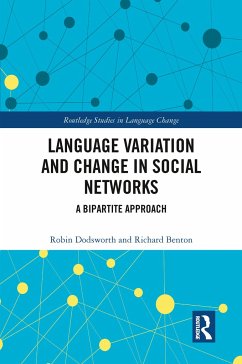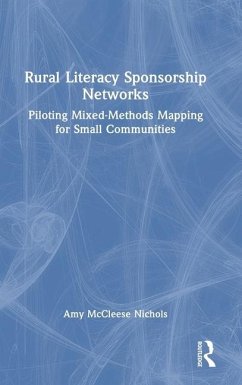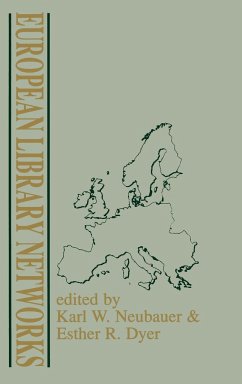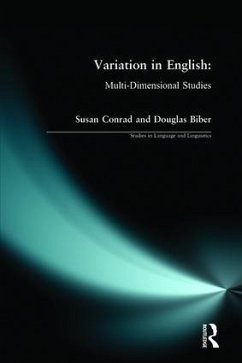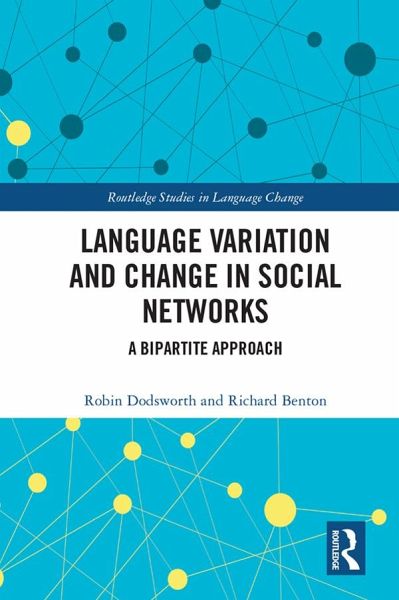
Language variation and change in social networks
A bipartite approach
Versandkostenfrei!
Versandfertig in 1-2 Wochen
167,99 €
inkl. MwSt.
Weitere Ausgaben:

PAYBACK Punkte
84 °P sammeln!
This monograph takes up recent advances in social network methods in sociology, together with data on economic segregation, in order to build a quantitative analysis of the class and network effects implicated in vowel change in a Southern American city.




